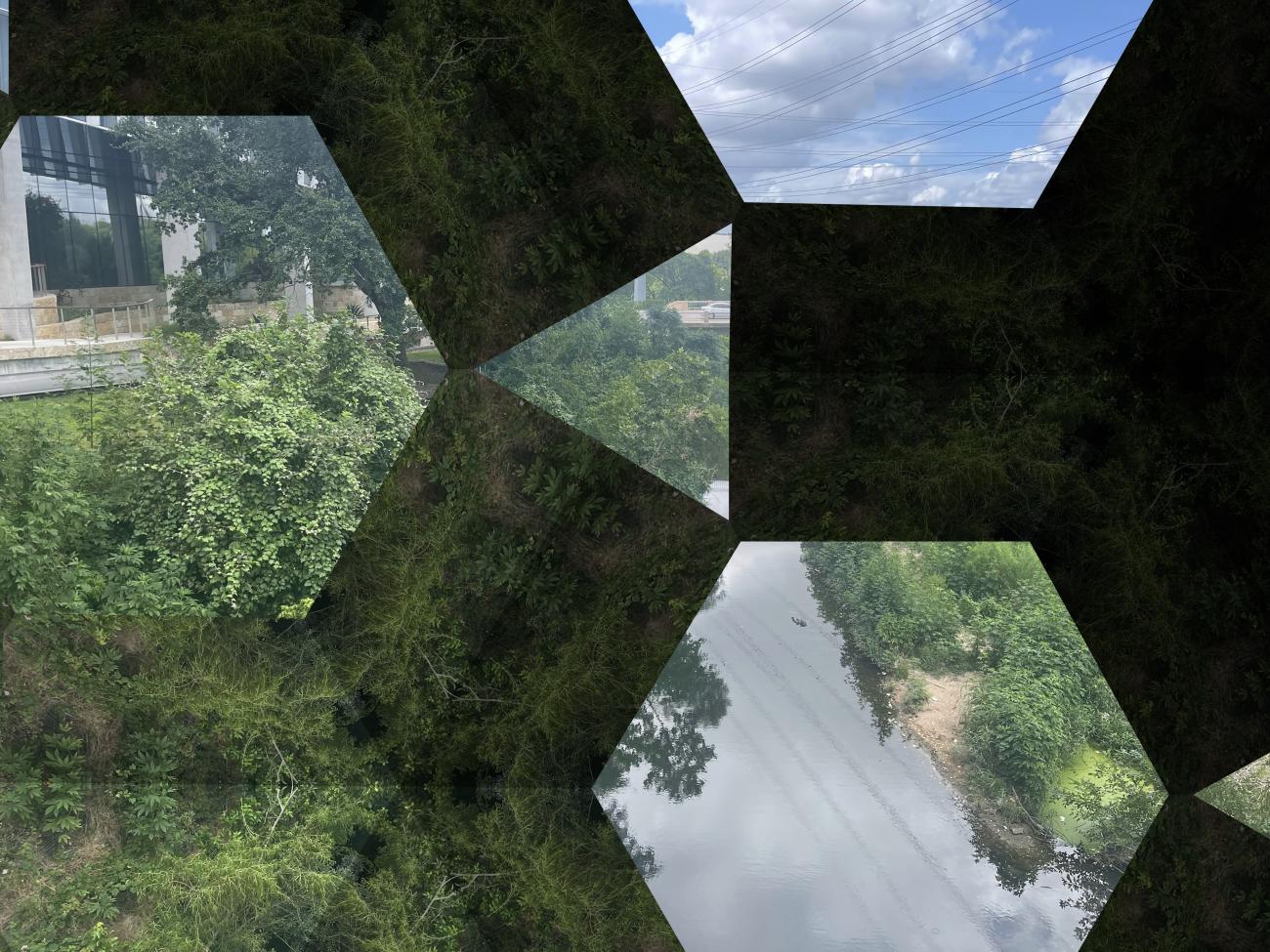
On a recent trip to the beautiful and tranquil island of Isla Holbox in Mexico, it was apparent that the small community, like many others worldwide, grapples with challenges linked to climate change and waste management. However, innovative solutions are at hand, and they may be found in unexpected forms—vertical gardens and plastic bottle recycling.
One of the more pressing issues facing Isla Holbox is the standing water on its sandy streets. The lack of adequate drainage systems leads to standing water that becomes a nuisance, particularly during the rainy season. However, one innovative solution might come in the form of vertical gardens.
Vertical gardens, a method of cultivating plants on vertical surfaces such as walls or frames, could provide an effective way to manage this issue. They not only beautify urban environments but can also play an essential role in water management. The standing water could be manually lifted or pumped into the vertical gardens, which would utilize it for the growth of local plant species. Such a system would need to be carefully designed to ensure that it doesn't lead to oversaturation or water damage to the structures supporting the gardens. But if implemented successfully, it could help alleviate the standing water issue while adding to the island's lush greenery.
On the waste management front, like many other tourist hotspots, Isla Holbox faces a surplus of plastic bottles. Instead of considering these bottles solely as waste, they could be viewed as resources—perhaps even being used as part of the vertical garden structures. Plastic bottles can be used to create vertical garden containers, and their reuse would help reduce the plastic waste that the island needs to manage.
For both these initiatives to be successful, they would require a distributed, localized effort. Every household, business, and public institution would need to participate, incorporating vertical gardens into their spaces and actively participating in recycling efforts.
Fortunately, the concept of collective effort is not new to Isla Holbox. Cooperatives are already a popular and effective means of managing resources on the island. The existing culture of cooperation can be harnessed to encourage widespread participation in these initiatives, turning the challenges of water management and plastic waste into opportunities for enhancing the local environment and community resilience.
The situation on Isla Holbox reflects broader global issues of climate change and waste management. However, it also highlights the potential of local, community-driven solutions. The integration of vertical gardens for water management and the creative reuse of plastic waste are not only feasible strategies for Holbox; they could serve as a model for other communities facing similar challenges. It's a testament to the island's potential for innovation and resilience in the face of adversity. The solutions lie within our reach, often requiring just a shift in perspective and collective action.